China’s Most Expensive Movie || The Battle At Lake Changjin // Review + Chinese Military Vocab
Based on a Real Military Conflict | Is The Battle At Lake Changjin Worth a Watch?
Any idea what China’s most expensive movie of all time is? The answer would be this movie – The Battle at Lake Changjin.
If you are a fan of war epics this is one you’ll want to watch.
Today we’ll be reviewing The Battle at Lake Changjin in detail. Let’s take a look together.
FUN FACT | The Battle at Lake Changjin cost a whopping 200 million USD to make, making it China’s most expensive movie of all time.
The Battle At Lake Changjin | Movie Review
The Battle At Lake Changjin | Chinese Military Vocabulary
The Battle At Lake Changjin | FAQs
The Battle at Lake Changjin || Review
With its Marvel-esque parade of never-ending opening credits, you might be fooled into thinking you’re about to watch just another run-of-the-mill Hollywood blockbuster.
Yet The Battle at Lake Changjin (长津湖 Cháng jīn hú), starring The Wandering Earth’s Jing Wu and Better Days’ Jackson Yee, offers a narrative as refreshing as it is compelling.
That’s because for once in an international war epic, we’re not on team America.
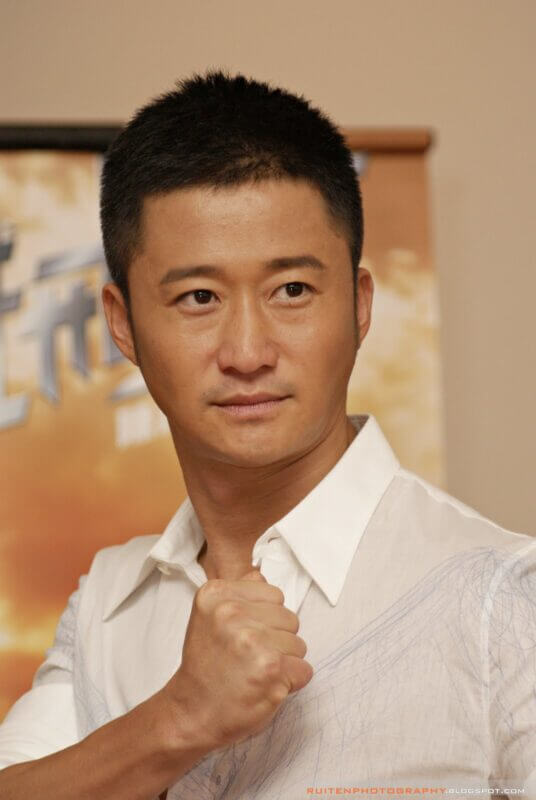

In some ways, The Battle at Lake Changjin, a production sponsored by the Chinese government, shares the common ingredients of most war movies: gripping battle scenes, enduring patriotism and deep-rooted camaraderie.
The story’s main protagonists are the widely celebrated soldier Wu Qianli (Jing Wu) and his eager-but-inexperienced younger brother Wu Wanli (Jackson Yee), who enlists in the army against his family’s wishes.
Despite this ultimately being a China-US showdown, the events depicted in this film occur at an artificial lake in North Korea in 1950, during the first year of the Korean War.
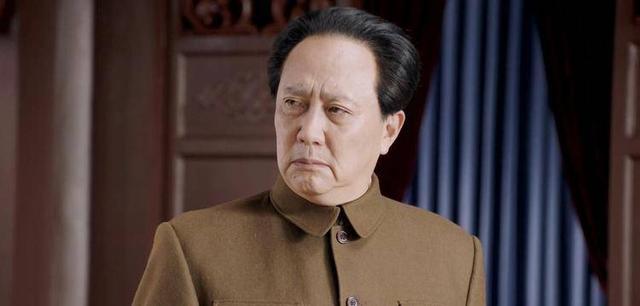
The Chinese government concludes that in order to defend the relatively young People’s Republic of China, they too must enter the Korean conflict and halt the US advances, lest other nations believe that China is weak and vulnerable to attacks in the future.
Or in the words of Mao Zedong, who makes a surprising appearance in the film:
“Strike one punch now, avoid one hundred punches in the future.”
For Qianli, Wanli and the other soldiers that make up the 7th Company, this means crossing the unforgiving terrain of the northern Korean Peninsula to reach Lake Changjin, a journey fraught with danger.
Out-gunned and outnumbered, the Chinese forces are often left scrambling for cover as US fighter jets buzz overhead, indiscriminatorily destroying infrastructure, villages and entire valleys with their bombs.
Want more Chinese movie reccommendations? Check out the 10 Best Mandarin Movies Of All Time
In one particularly jarring scene, the Chinese soldiers are forced to flee from their train when it is discovered by enemy jets.
As the planes circle back, the soldiers frantically grab handfuls of supplies and disperse into the woods, large swathes of which go up in flames with the train.
As the film progresses, the temperature drops to a biting -40C and food rations dwindle. The 7th Company soldiers become locked in a fight that is as much against the elements as it as against the Americans.
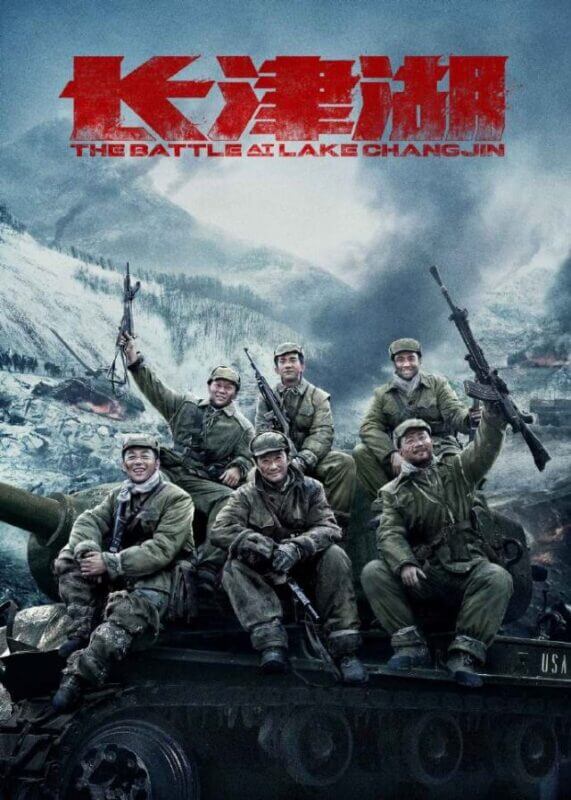
However, the Battle at Lake Chanjin certainly isn’t devoid of flaws.
Perhaps the most glaring issue is the disparity with which both sides are depicted.
The Chinese soldiers sit firmly on the moral high ground throughout, sharing wise insights and unlike their counterparts, acting with honour and self-restraint.
Meanwhile the two-dimensional American forces, who might as well all be donning MAGA hats and bald eagle tattoos, casually toss around racial slurs and say eye-rollingly painful things like
“What about our legacy, man?” and (whilst in the middle of being ambushed) “We’re gonna be lucky if they don’t roast our turkeys for dinner!”
Largely depicted as callous, war-hungry egotists, the cringey US soldiers aren’t afforded the same level of humanity given to their opponents.
On the Chinese side, we see a photograph of a daughter, hear a story of a wife. Yet on team Uncle Sam, we see soldiers complaining whilst they chow down on Thanksgiving turkey.
Though admittedly, it’s hard to feel genuinely bothered about this when the biggest issue on the American side is the stilted and unconvincing acting (presumably Matt Damon wasn’t available).
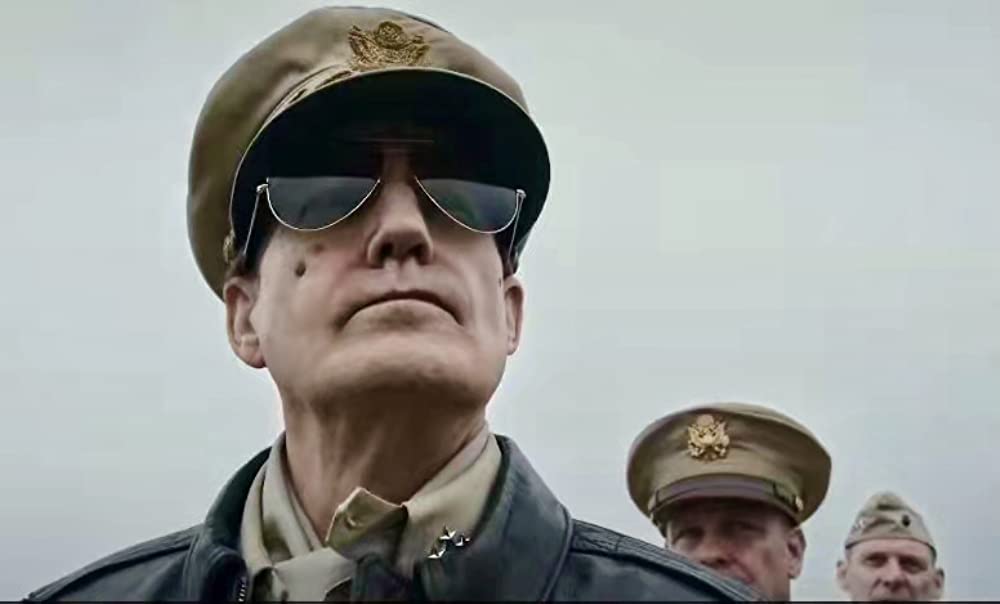
Americans aside, with a staggering two hour and fifty six minute runtime, you’ll also need military levels of endurance just to make it to the end.
But ultimately, it’s worth it. The Battle at Lake Changjin offers nail-biting tension, heartwarming character development and stunning visuals.
Whilst the impact of gunfights and explosions wears off towards the end, the filmmakers’ expert use of slow-motion and silence captures the gravity of certain scenes, with just enough drops of humour sprinkled in to break up the tension.
You’ll even see a surprising advantage of language learning here – during a chaotic conflict, one of the Chinese soldiers shouts in English “watch your backs!” allowing his comrade to escape as the Americans turn the other way. Knowledge is power!
So in a time when western media coverage of the Chinese military is almost entirely negative, The Battle at Lake Changjin reminds us that every army is built up not only of soldiers, but of regular people who are capable of extraordinary acts of bravery.
What did you think of The Battle at Lake Changjin? Let us know in the comments below!
Chinese Military Vocabulary
As we are of course a school – we wouldn’t be doing it right if we didn’t teach you a few words.
Here are a few related to the Battle at Lake Changjin you might want to learn before watching.
| English | Mandarin |
|---|---|
| Lake Changjin | 长津湖 Cháng jīn hú |
| Army | 军队 Jūnduì |
| Soldier | 士兵shì bīng, 军人jūn rén |
| Commander | 指挥员 zhǐ huī yuán |
| Officer | 军官 jūn guān |
| Regiment | 团 Tuán |
| Company | 连 Lián |
| 7th Company | 第七连 Dì qī lián |
| Sharpshooter | 神枪手 Shén qiāng shǒu |
| Salute | 礼炮 Lǐ pào |
| Gun | 枪 Qiāng |
| Bullet | 子弹 Zǐdàn |
| Plane | 飞机 Fēijī |
| Tank | 坦克 Tǎn kè |
| Grenade | 手榴弹 Shǒu liú dàn |
| Frontline | 前线 Qián xiàn |
| Enemy | 敌人 Dí rén |
| Firepower | 火力 Huǒ lì |
| Radio | 收音机 Shōu yīn jī |

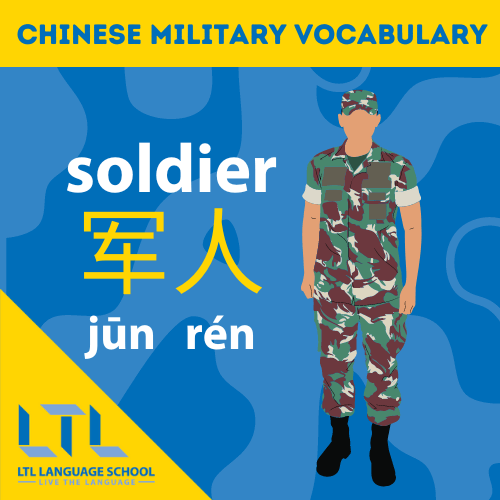
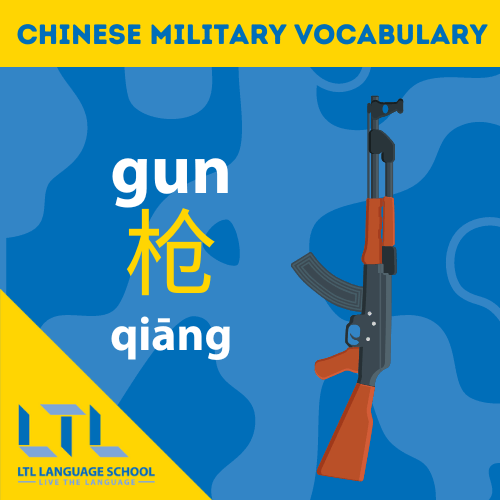
If you’re struggling to learn and remember Chinese, check out our 10 Top Tips for Learning Mandarin!
The Battle at Lake Changjin || FAQs
What is The Battle at Lake Changjin about?
The Battle at Lake Changjin is based on a real military conflict between China and the US in 1950, during the Korean War.
The movie follows the a group of Chinese soldiers as they cross northern Korea and battle US forces. In the west, this battle is commonly known as the Battle of Chosin Reservoir.
Where can I watch The Battle at Lake Changjin?
The Battle at Lake Changjin can be rented or bought on Google Play Movies.
How much did The Battle at Lake Changjin cost to make?
The Battle at Lake Changjin cost a whopping 200 million USD to make, making it China’s most expensive movie of all time
How much did The Battle at Lake Changjin make?
The Battle at Lake Changjin is China’s all-time highest grossing movie and made an impressive 913 million USD.
Where is Lake Changjin?
Lake Changjin, also known as the Chosin Reservoir, is located in Changjin County, North Korea, around 50 miles from the Chinese border.
Where can I learn Chinese to talk about movies?
You can learn Chinese at LTL either through in-person classes in China, Taiwan or Singapore, or you can learn anytime, anywhere with our online Flexi Class platform, for which we’re currently offering a 7 day free trial.
Want more from LTL?
We offer a 7 day free trial to all new students where you can study Mandarin 24/7. Come and check it out free of charge and see what you think.
We also offer immersive Chinese courses in China. You can learn more about those here.
Sign up below and become part of our ever-growing community.








